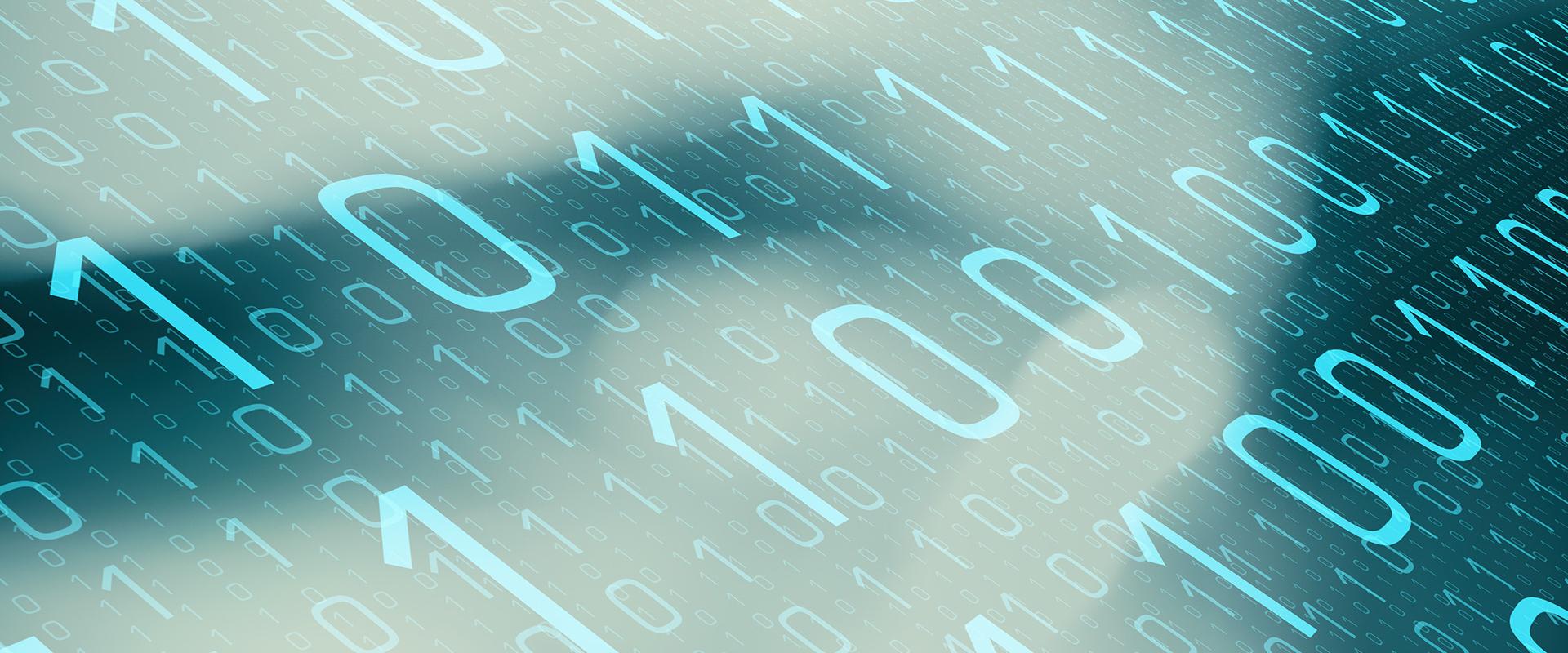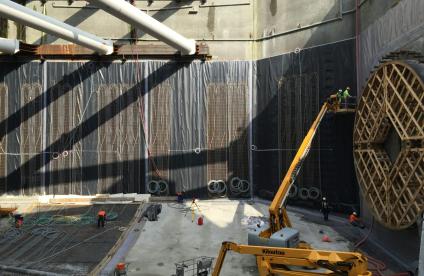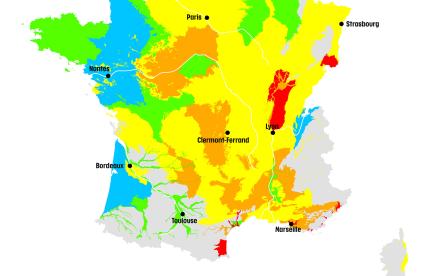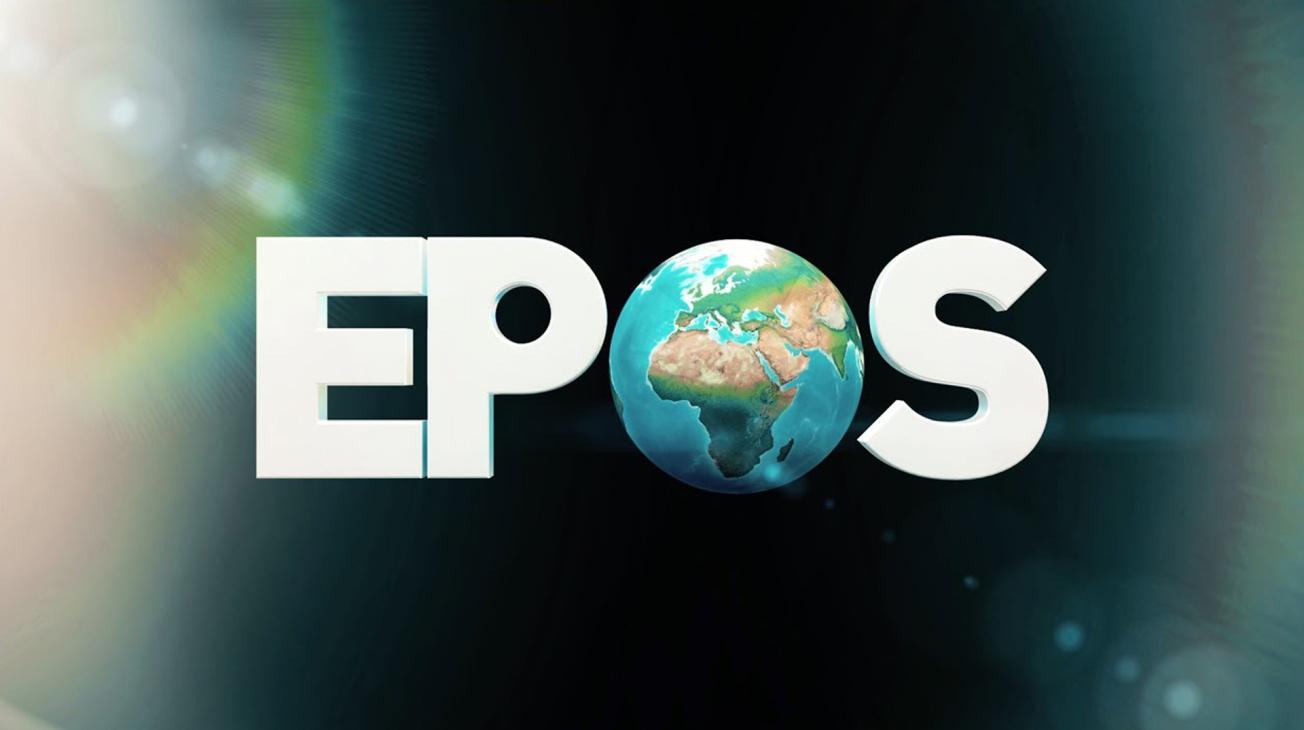
EPOS logo.
© EPOS
The European Plate Observing System (EPOS) infrastructure was officially launched on 7 November 2018.
This initiative, in which the BRGM is participating with the CNRS and in liaison with the French Ministry for Research, aims to open up disciplinary boundaries to better understand all the physical and chemical mechanisms at work in Planet Earth, from core to surface. For example, it should help to better understand the mechanisms that trigger earthquakes and volcanic eruptions.
A portal to access digital data and services on the Earth System
EPOS is designed as a single portal for open access to data of every type, as well as to computation facilities for comparative analyses and products and services derived from these analyses. It will thus facilitate the work of researchers from the different scientific communities with data that they are not accustomed to handling.
EPOS data and services will cover seismology, observations of faults and volcanoes, ground deformation measured by satellite positioning of ground stations and via satellite imagery, variations in Earth's magnetic field over space and time, telluric risks induced by human activities, geological information (from drilling logs for example) and laboratory and experimental platform data on geothermal energy and CO2 storage.
The first of these services should be operational by the end of 2019.
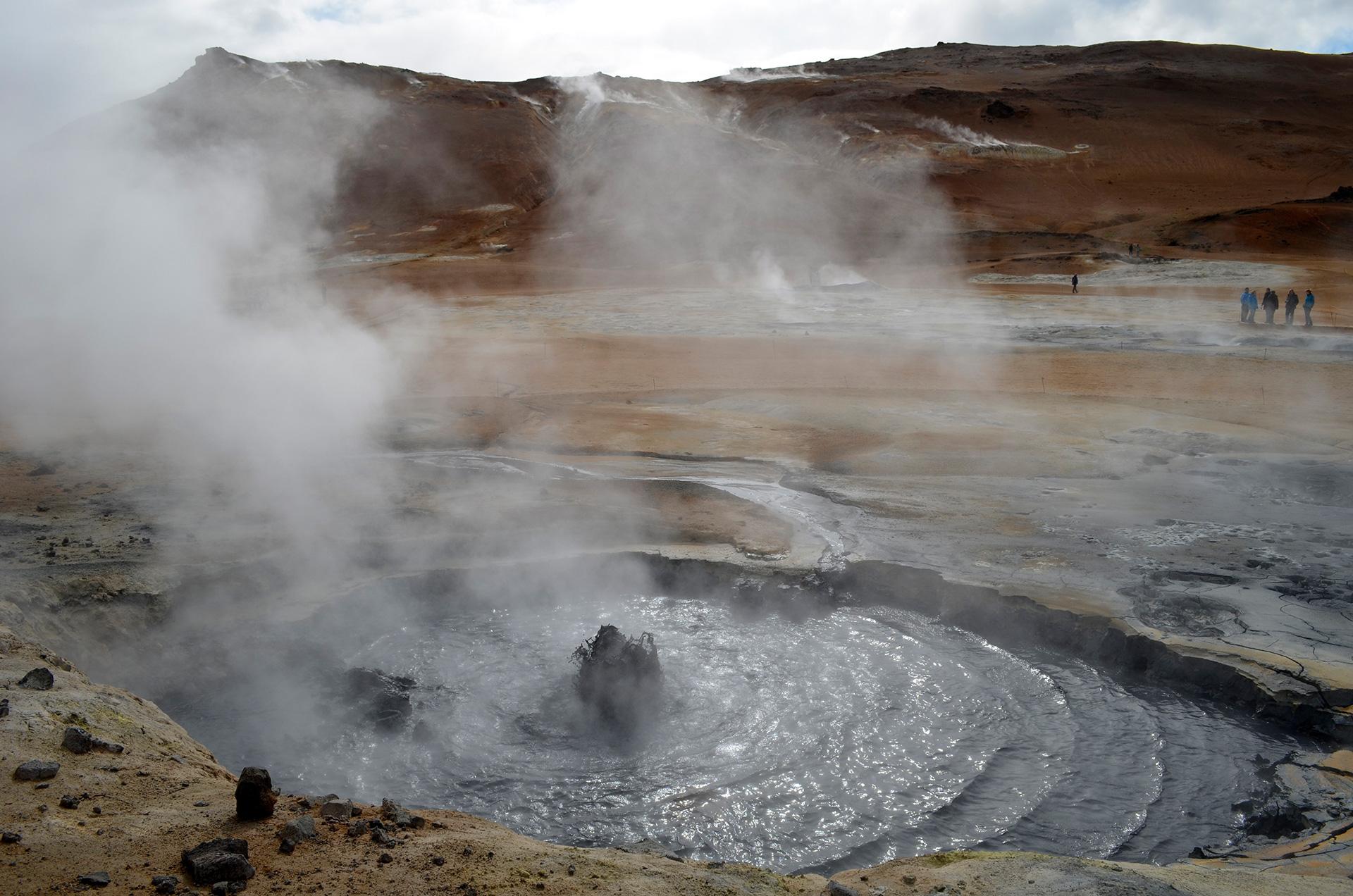
Key figures
-
47.00partners
-
25.00European countries
-
20.00research and higher education institutions in France
47 partners from 25 European countries
The EPOS-IP project began with 47 partners from 25 European countries. It is funded under the European Commission's Horizon 2020 programme. The infrastructure is constructed in line with open science standards and now has corporate entity status under European law, as a European Research Infrastructure Consortium (ERIC).
Over 20 research and higher education institutions in France will be contributing data and services to EPOS.
BRGM involvement via its data centre and Geological Information topic area
The BRGM is coordinating the Geological Information topic area at the EU level. Building on the resources of its data centre as the French geological survey organisation, it is also responsible, in cooperation with the British and Danish geological surveys, for all central services for data integration, interoperability, consultation and display.

